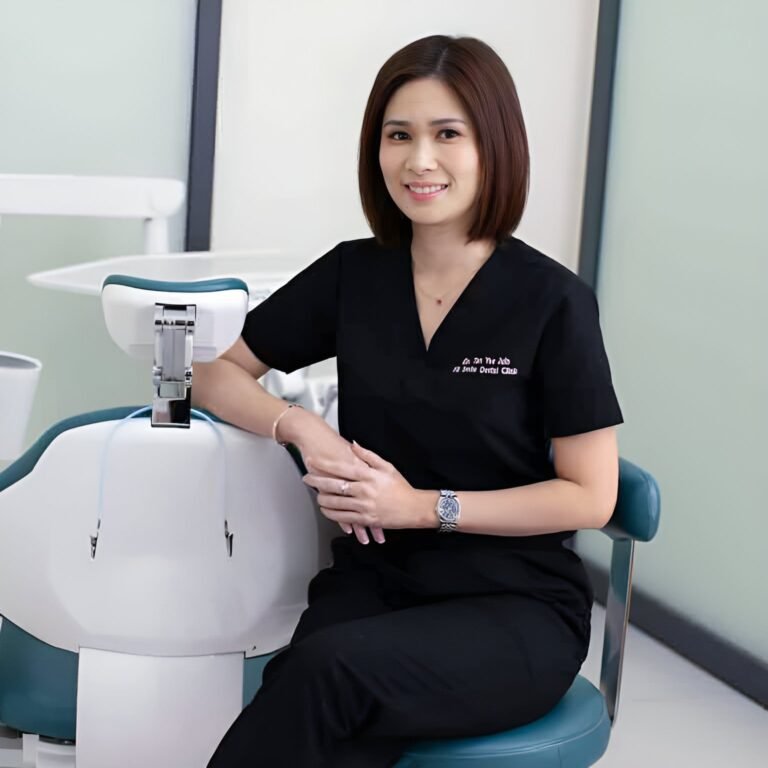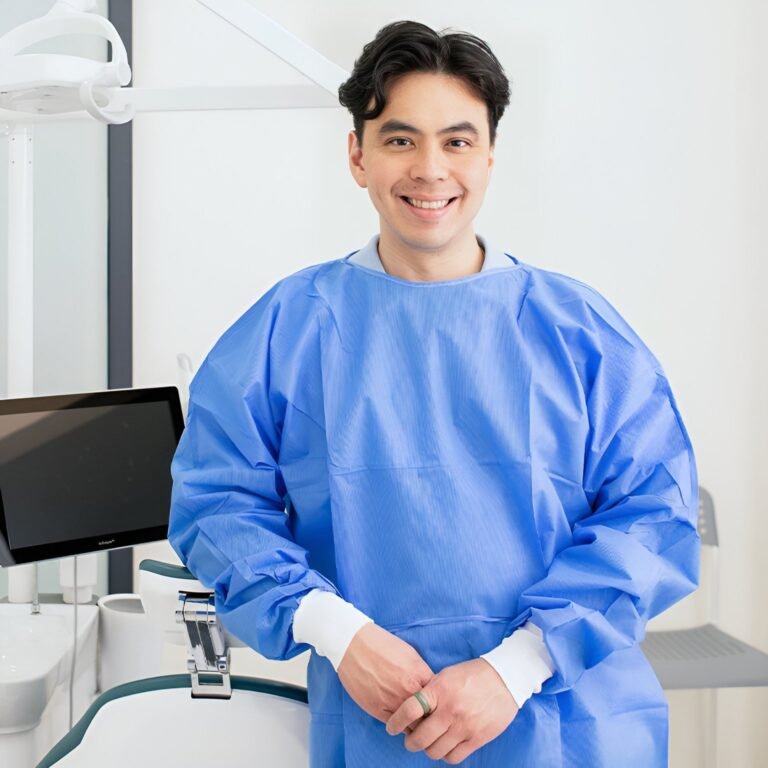Mouth Cancer

At All Smile Dental Clinic, we understand the seriousness of mouth cancer and the impact it can have on your oral health and overall wellbeing. That’s why we offer a comprehensive mouth cancer service that includes screening, diagnosis, and treatment, all under one roof. Our team of experienced dentists and specialists are trained to use the latest technology and techniques to detect early signs of mouth cancer, ensuring timely intervention and successful outcomes.
Our mouth cancer screening is a painless and non-invasive procedure that involves a thorough examination of your mouth, tongue, and throat. Our dentists use a special light to identify any abnormal tissues or lesions that may indicate mouth cancer. If any suspicious areas are detected, we may recommend further tests, such as a biopsy or imaging, to confirm the diagnosis.
If mouth cancer is diagnosed, our team will work with you to develop a personalized treatment plan based on your specific needs and preferences. We offer a range of treatment options, including surgery, radiation therapy, and chemotherapy. Our goal is to provide you with the most effective treatment while minimizing any discomfort or side effects.
At All Smile Dental Clinic, we prioritize patient education and communication. We want you to feel comfortable and informed throughout the entire process, from screening to treatment and follow-up care. Our team is available to answer any questions or concerns you may have, and we are committed to providing you with the highest quality care.
FAQs
Frequently Ask Question
What is mouth cancer, and how is it diagnosed?
Mouth cancer, also known as oral cancer, is a type of cancer that develops in the tissues of the mouth or throat. It can occur in the lips, tongue, gums, roof or floor of the mouth, or the tonsils. Mouth cancer can be diagnosed through a physical exam and a biopsy, which involves removing a small sample of tissue from the affected area for laboratory analysis.
What are the symptoms of mouth cancer?
The symptoms of mouth cancer can vary depending on the location and stage of the cancer, but they may include:
- A sore or ulcer that doesn’t heal
- Red or white patches on the lining of the mouth or tongue
- Swelling or lumps in the mouth or throat
- Difficulty swallowing or speaking.
- Pain or discomfort in the mouth
- A change in the way your teeth or dentures fit together.
- Unexplained weight loss
What are the risk factors for mouth cancer?
The risk factors for mouth cancer include tobacco use (cigarettes, cigars, or smokeless tobacco), heavy alcohol consumption, exposure to the human papillomavirus (HPV), a weakened immune system, and a history of oral cancer or other head and neck cancers.
How often should I get a mouth cancer screening?
The frequency of mouth cancer screenings depends on your age and risk factors. If you are over the age of 40 or have risk factors for mouth cancer, such as a history of tobacco or alcohol use, you should get screened annually. If you are younger and don’t have any risk factors, your dentist may recommend less frequent screenings.
Is mouth cancer treatable?
Yes, mouth cancer is treatable, especially if it’s detected early. Treatment options may include surgery, radiation therapy, and chemotherapy, and the best course of treatment depends on the stage and location of the cancer.
What are the different treatment options for mouth cancer?
The different treatment options for mouth cancer may include surgery to remove the cancerous tissue, radiation therapy to kill cancer cells, chemotherapy to shrink or kill cancer cells, and targeted therapy to attack specific molecules that contribute to cancer growth.
What are the side effects of mouth cancer treatment?
The side effects of mouth cancer treatment can vary depending on the type and extent of treatment. Common side effects may include fatigue, nausea, mouth sores, difficulty swallowing, and changes in taste or appetite.
How long does mouth cancer treatment take?
The length of mouth cancer treatment varies depending on the type and extent of treatment. Treatment may last several weeks or several months and may include multiple rounds of chemotherapy or radiation therapy.
What can I do to prevent mouth cancer?
To prevent mouth cancer, it’s important to avoid tobacco use, limit alcohol consumption, practice good oral hygiene, and protect your skin from sun damage. You may also consider getting vaccinated against HPV, which can reduce the risk of developing certain types of mouth cancer.
How can I schedule a mouth cancer screening at All Smile Dental Clinic?
To schedule a mouth cancer screening at All Smile Dental Clinic, you can call our office or book an appointment online. Our team of experienced dentists and specialists will work with you to determine the best course of action based on your individual needs and risk factors.





Trackbacks and Pingbacks